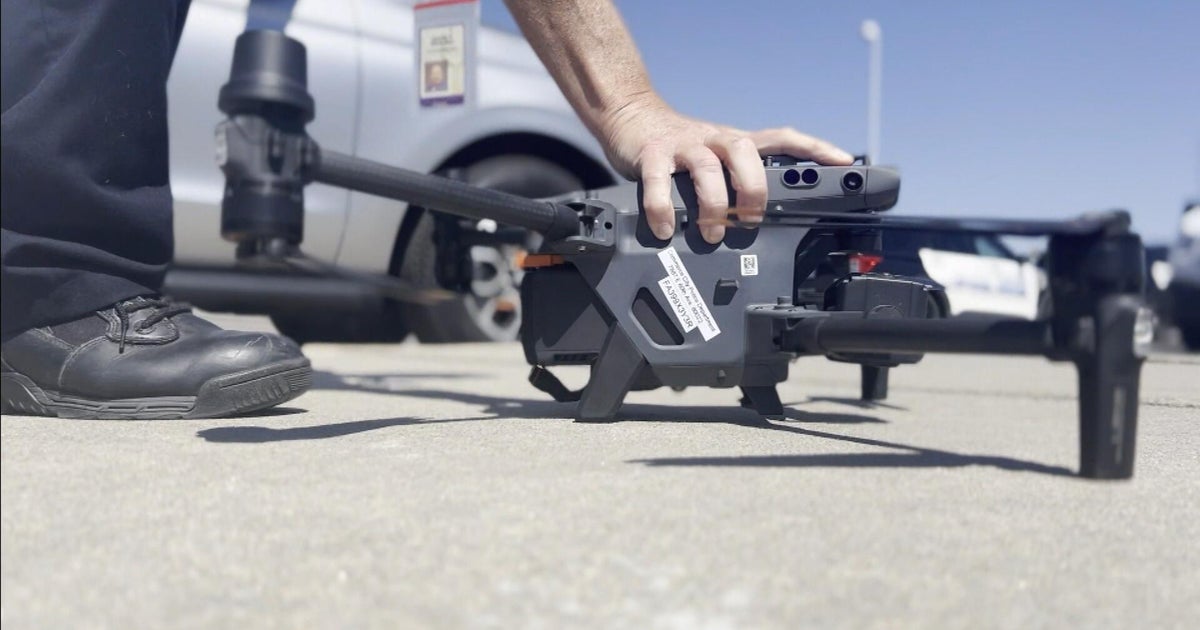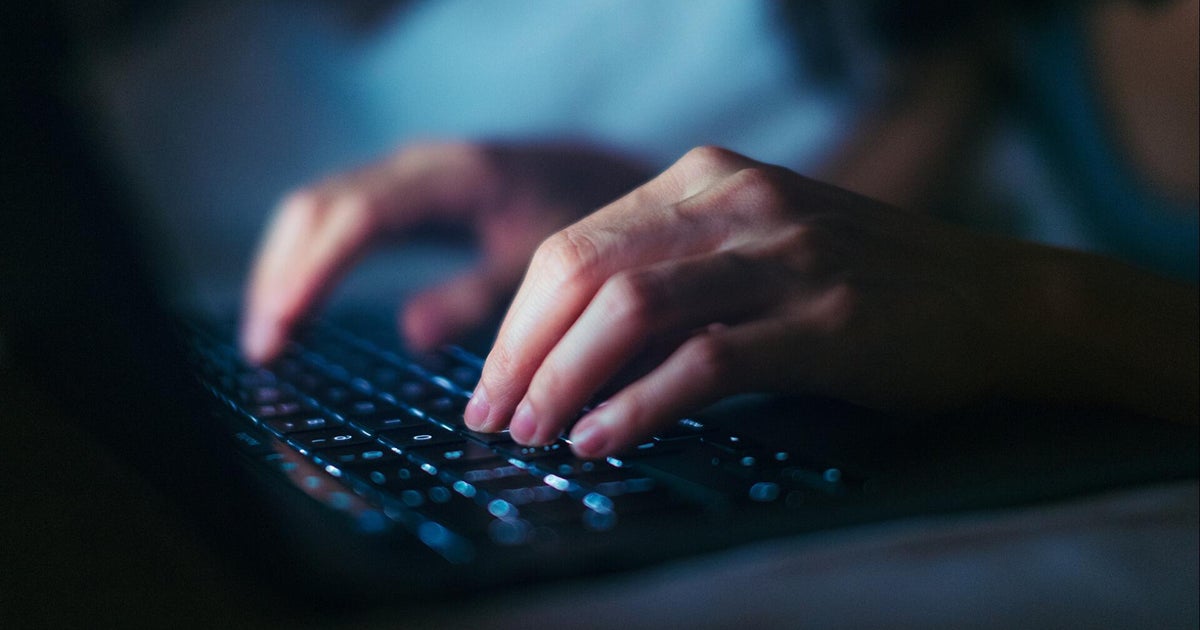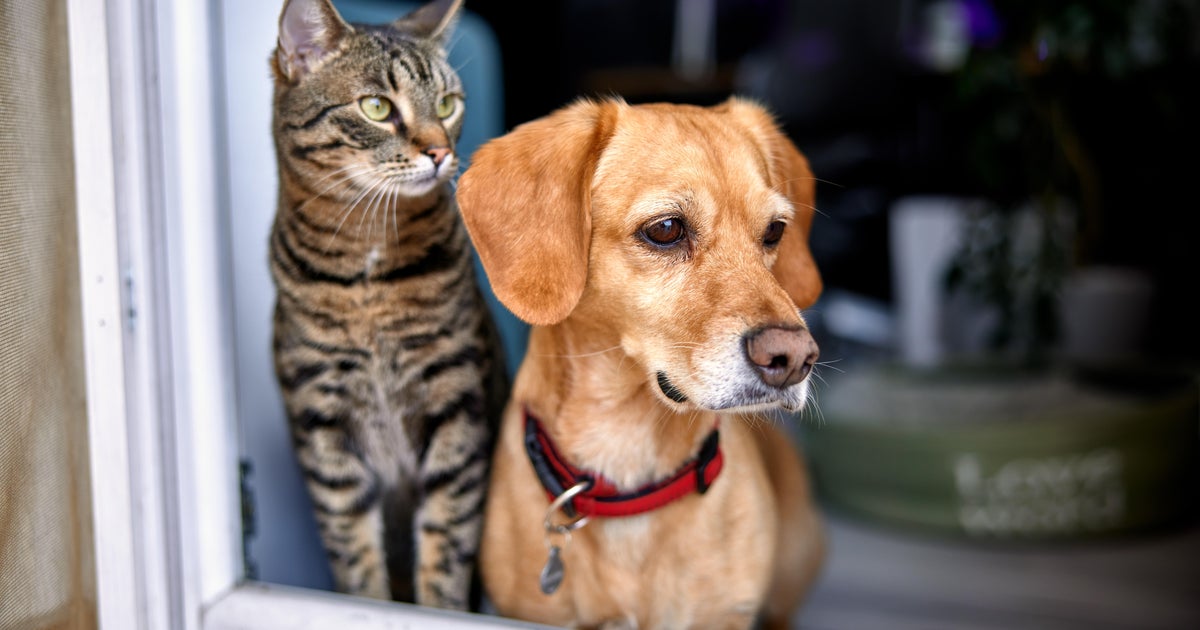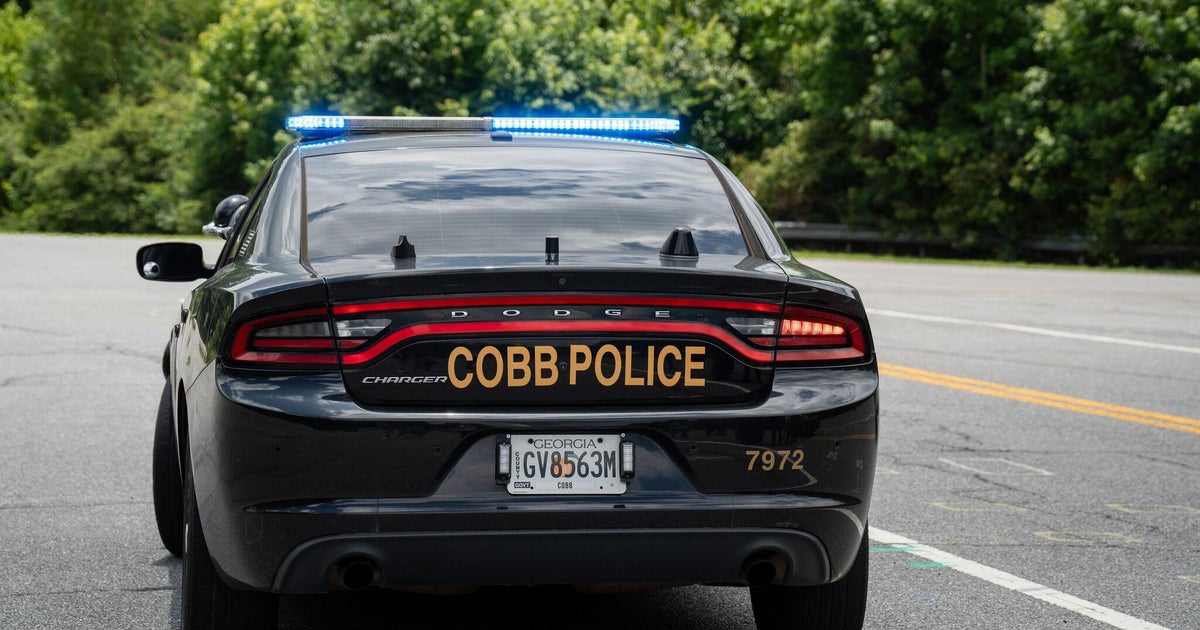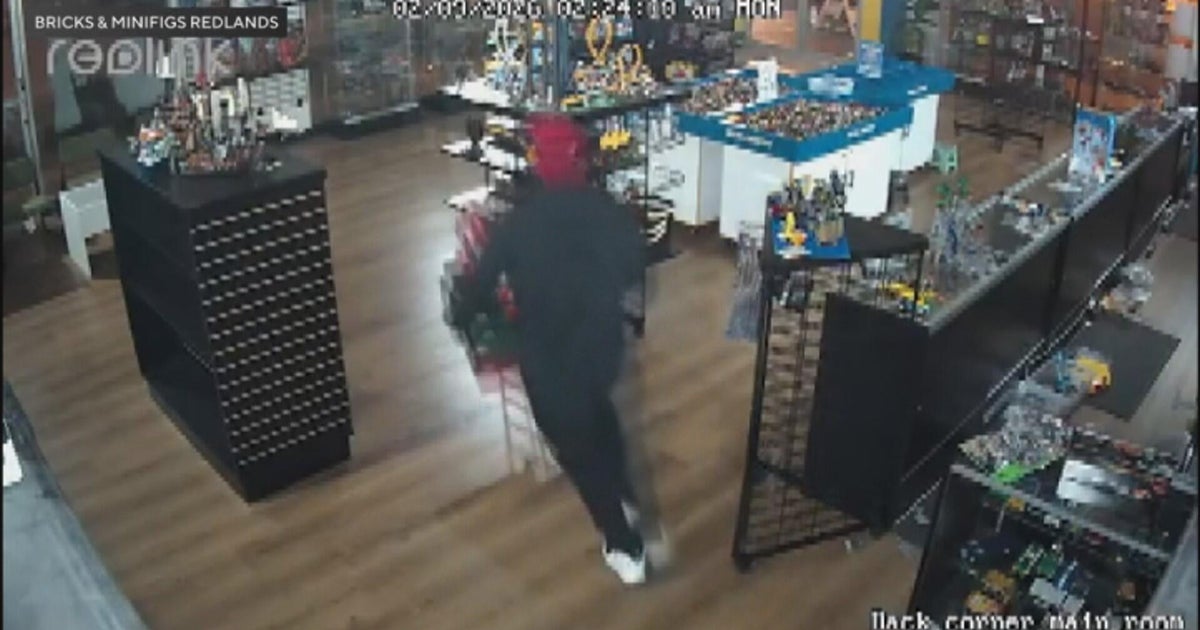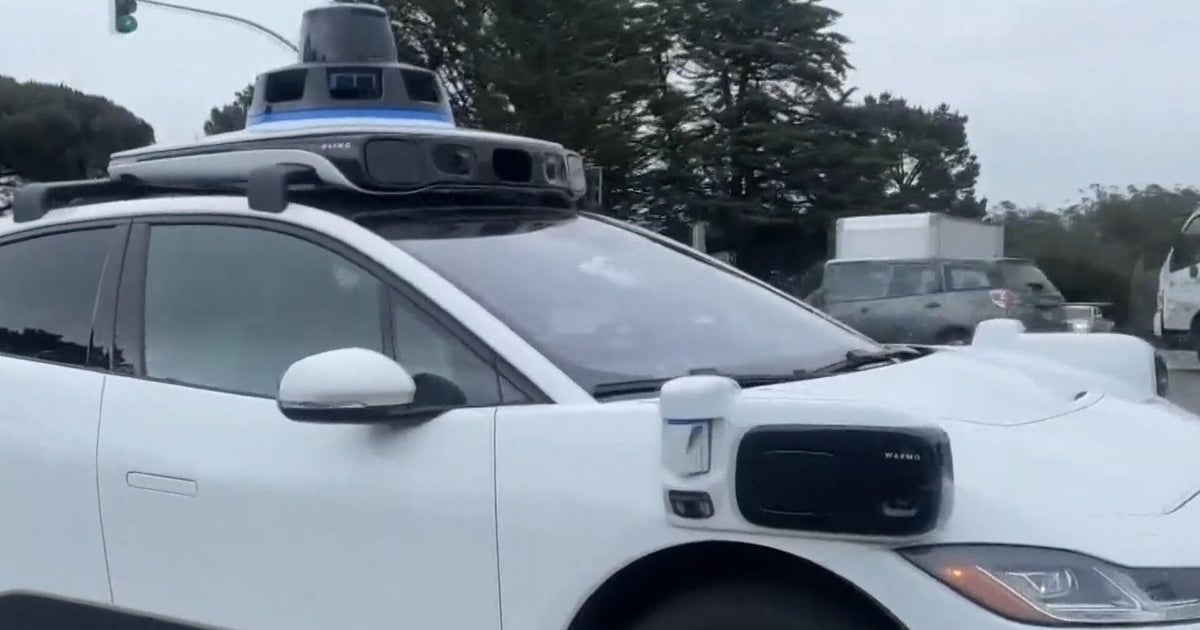Experts Warn Wearable Baby Monitors Stress Parents
Follow CBSDFW.COM: Facebook | Twitter
NORTH TEXAS (CBSDFW.COM) - "Smart clothes" that track an infant's vital signs and send real time updates to a parent's smartphone, are increasingly popular.
First time mom, Kimberly Scarth (whose husband works at CBS11) says she was drawn to one such product because she wanted peace of mind.
"Especially having had a rough delivery, we wanted to make sure everything was ok with him," she says.
Just two weeks after bringing little Elliott home, Scarth woke up in a panic.
Her Owlet smart monitor was flashing a red alert, warning Elliott's oxygen level was falling dangerously low. Scarth says the gadget warned her to get to an Emergency Room immediately.
She considered it, but says her son seemed fine.
"[He was] smiling kicking around…cooing," she explains.
Thinking it was a false alarm, Scarth says she followed instructions to reboot the product, but the red alerts continued into the night.
"We were already not getting enough sleep as it is, being first time parents..."
Just in case, they scheduled a checkup with their pediatrician. Turns out, Elliott was fine.
High-tech baby monitors like the Owlet Smart Sock, were the subject of a recent editorial in the influential Journal of the American Medical Association.
The authors expressed concerns over a lack of "publicly available evidence" to support the products' accuracy, safety and effectiveness. They warned that instead of reassuring parents, inevitable false alarms could lead to anxiety, and result in unnecessary emergency room visits and tests for babies.
"We will be publishing studies and more results data in the future. We have a clinical team dedicated to conducting research and studies to further understand Owlet's impact on infant health," Jane Putman, PR Director for Owlet Baby Care, explained in a statement.
On its Youtube channel, Owlet Baby Care shares a number of testimonials from parents who swear by the product.
"I don't know what would have happened if I didn't have the Owlet," one mother says in a video.
The company says 80,000 families use its product and that it is confident in the positive results those families are experiencing.
"Due to innovations developed by Owlet to lessen false alarms, many users will use the Owlet Sock for several months without ever getting a false alarm," Putnam said in response to questions about the frequency of false alarms.
Right now the "smart clothes" are not regulated by the Food and Drug Administration. They don't make any specific medical claims. Though Scarth says the threat of SIDS, weighed into her decision to invest in the $250 product.
"It hasn't been shown to prevent SIDS. Parents who use it in that way are being falsely reassured. That may lead them to do things that puts [babies] in an unsafe sleep environment," said Dr. Justin Smith, a pediatrician with Cook Children's.
On its website, Owlet warns that it is not intended to treat, prevent or cure any disease or condition, including SIDS. It also warns the Smart Sock is not a medical device, though now the company is seeking FDA approval for a medical device.
"We have filed a 510(k) for FDA clearance of a medical version of the Smart Sock under the DQA product code, which would make it a prescription product pending review by the FDA. We have proactively reached out to the FDA with pre-submission questions to understand what our role is in helping create guidance for the direct-to-consumer category for alarmed baby monitors. We have had hundreds of doctors reach out to us asking for an FDA cleared version that they can recommend and prescribe for their patients. We think this is a fantastic market and opportunity to help families who could benefit from Owlet," Putnam said in a statement.
When asked what the medical device would aim to treat, the company explained it was too soon to say definitively. "We don't want to speculate at this time. Our application is under review."
Dr. Smith shared his concerns with relying on direct-to-consumer baby respiratory monitors, in a Cook Children's blog post.
"Every false alarm would literally lead to a whole night of missed sleep," he wrote.
"My advice, think about what it means for you. If you think it might cause more anxiety, if there's any chance for that, you should really consider whether it's a good idea," Dr. Smith said.
The Scarths broke up with their monitor and got a full refund.
"It didn't give us an ease or peace of mind," Scarth says.
